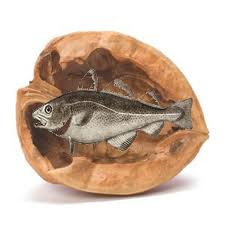Despite a Predicted Drought of Biblical Proportions, Israel Expects to Have Enough Water
Water Authority studies indicate that, from 2015, Israel can expect drought that could last for 20 years.
Despite last winter’s heavy rainfall, the forecast for the coming years is bleak, and dry.
The Water Authority predicts that Israel will face a period of severe drought, which will be especially long, and cause severe damage to agriculture and the water economy.The assessment is based on models of the Water Authority’s Meteorological Service, Mekorot National Water Company, and top researchers at Tel Aviv University. It predicts, beginning in two years, a severe and prolonged drought, which will be worse than the droughts of the past decade, and which could last for 20 years.”The studies indicate an increase in the frequency of drought years, their intensity, and length of drought periods,” said Water Authority director Alexander Kushnir. “Israel’s water economy will have to deal with much longer and harsher periods of drought that the last drought we experienced.” He added that the drought’s effect on consumers, nature, and agriculture could be severe.
No water shortage expected
Clues to the pending drought and intensifying climate trends in the Middle East can be found in the precipitation data for the winter of 2013. The first three months of winter, November-January, began with heavy rainfall, which gave a sense of security, after several continuous years of drought. However, February-March were months of drought – the driest they have been since 1957.Despite the bleak forecast, the Water Authority reassures that Israel will not face a water shortage, because the water economy is prepared for extreme climate changes. “The desalination plants, the construction of which will be completed by the end of this year, combined with sewage treatment and reuse for irrigation, has enabled the water economy to move from crisis to a situation of stability and reliability,” said Kushnir.
From a water economy which relied on natural sources, Israel moved within a decade to a stable water economy, in which 50% of the current water supply comes from desalination or recycling, rather than from natural sources. “We will meet our duty to supply all the water needed for all the needs of Israel and its residents. Despite the expected drought, we have the means to ensure the stable and reliable supply of water for household, industrial, and agricultural needs,” Kushnir concluded.”
Source: Globes-Online.com





